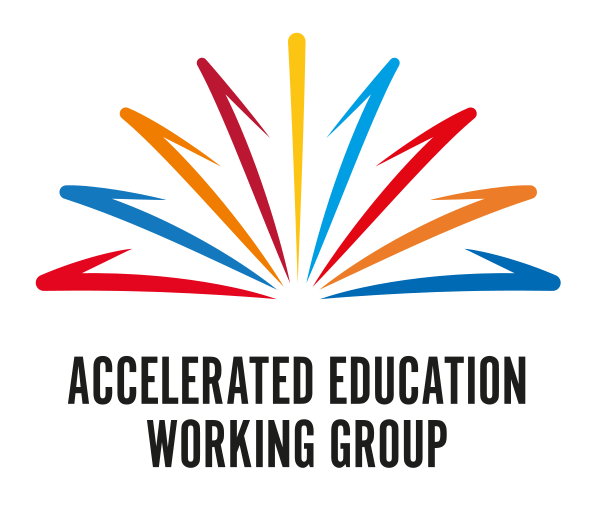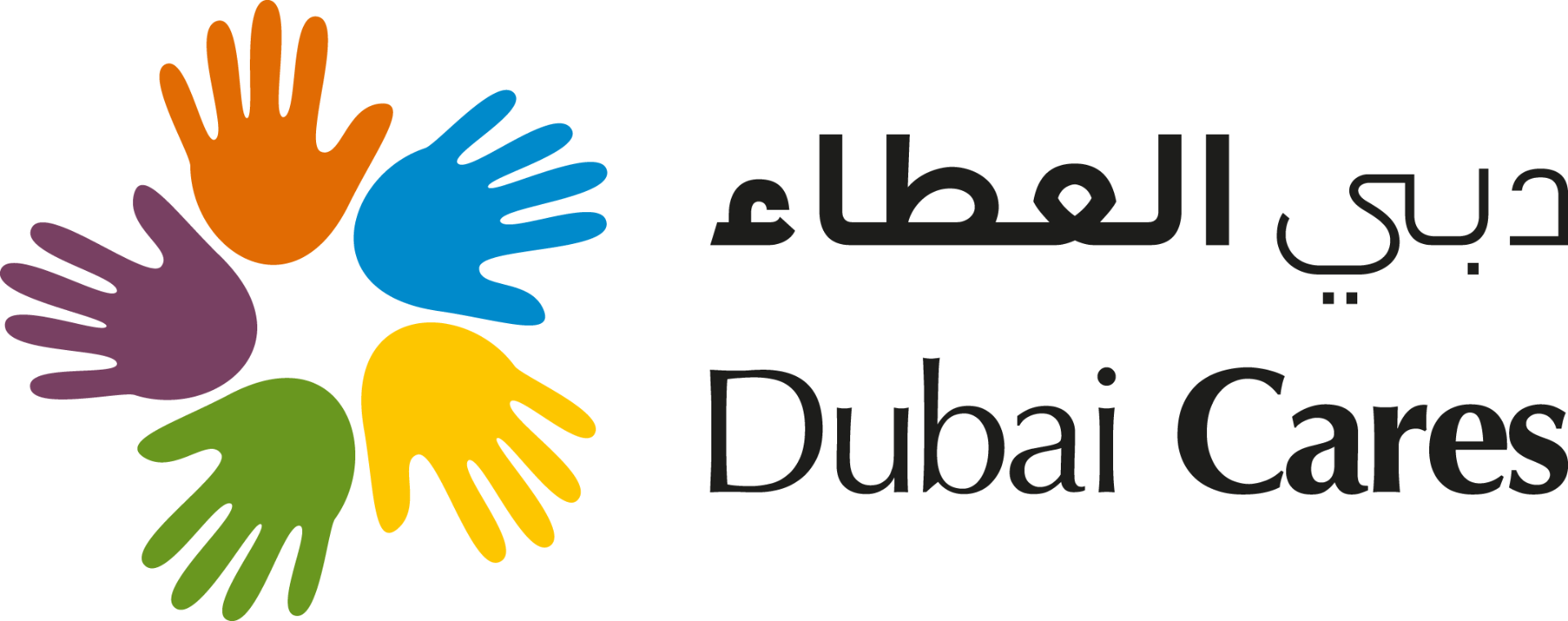Opportunities and Challenges to Support Out-of-school Children and Youth through Accelerated Learning Programmes:
Case Study of Jordan
- Estimates of the number and rates of out-of-school children and youth vary widely by source and are unreliable. However, the data consistently show that the majority of out-of-school children and youth are Syrian and other non-nationals, and large numbers of students are at risk of dropping out due to being over-age.
-
The Drop Out Programme (DOP) and Catch Up Programme (CUP) accelerate learning and provide opportunities to return to formal education. Starting 2022, funding for both programmes will be directly to MOE through a multidonor initiative with MOE both implementing and regulating the programmes under the Accelerating Access Initiative (AAI).
- Despite commitment from the MOE, both programmes only reach a small fraction of the out-of-school population and face other challenges to accessibility and quality due to challenges with funding, fragmentation, bureaucracy, information needs, and administrative challenges, as well as other social, political and economic factors such as perceived returns on education.
-
Under AAI, all CUP and DOP centres will be transitioned from current implementers to the MOE. MOE will have full ownership of the programmes—operational, financial, and administrative. AAI presents opportunities for change for the DOP and CUP to address some of the limitations described above.
Author(s): Mai Nasrallah
Preferred citation: Nasrallah, Mai Ibrahim. Opportunities and challenges to support out-of-school children and youth through Accelerated Learning Programmes: Case Study of Jordan. University of Auckland and Accelerated Education Working Group (AEWG), 2022.

![INEE Logo Horizontal English, FullColor [web]](https://access-education.auckland.ac.nz/files/2022/07/INEE-Logo-Horizontal-English-FullColor-web.png)

